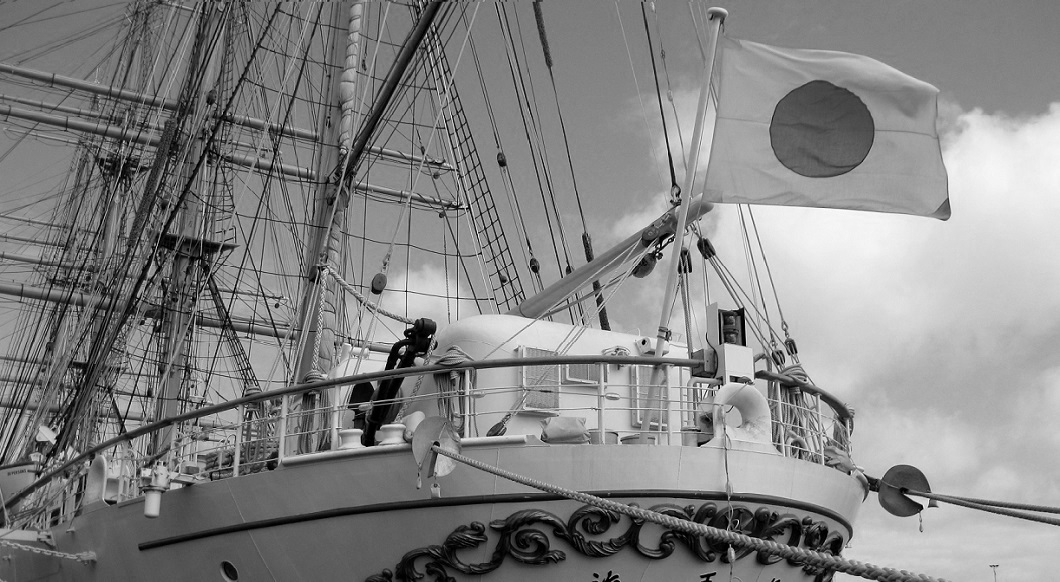Japan’s nineteenth century opening to world commerce after a long period of economic self-sufficiency provides a natural experiment to test the theory of comparative advantage and the gains from trade that it predicts. Drawing on a wide range of historical sources for data on prices, output and trade flows, this research finds that the country benefited from a significant boost to GDP in the years following its forced reintegration with the global economy. The evidence constitutes a strong indication of the potential costs of rejection of today’s open system of world trade.






